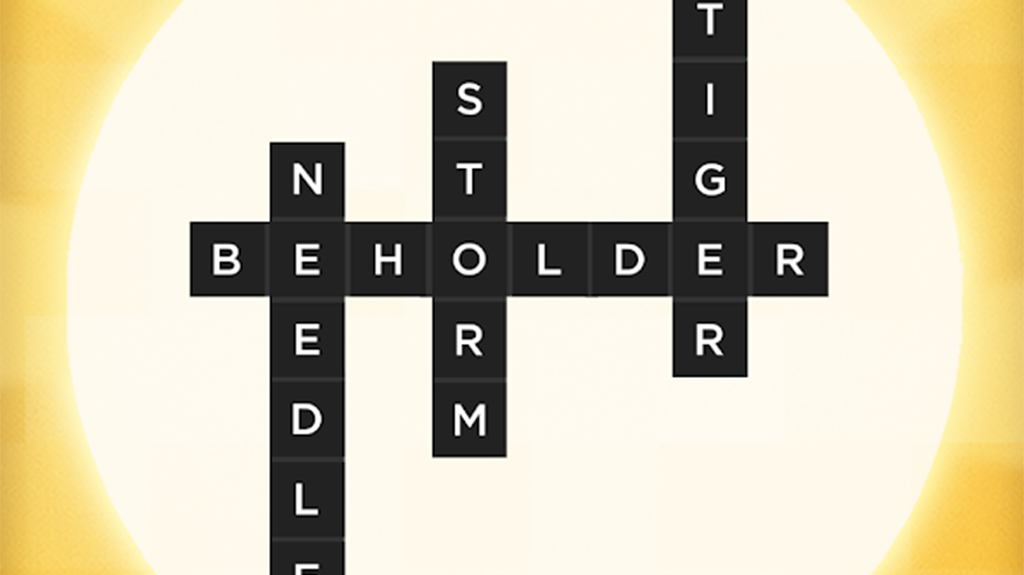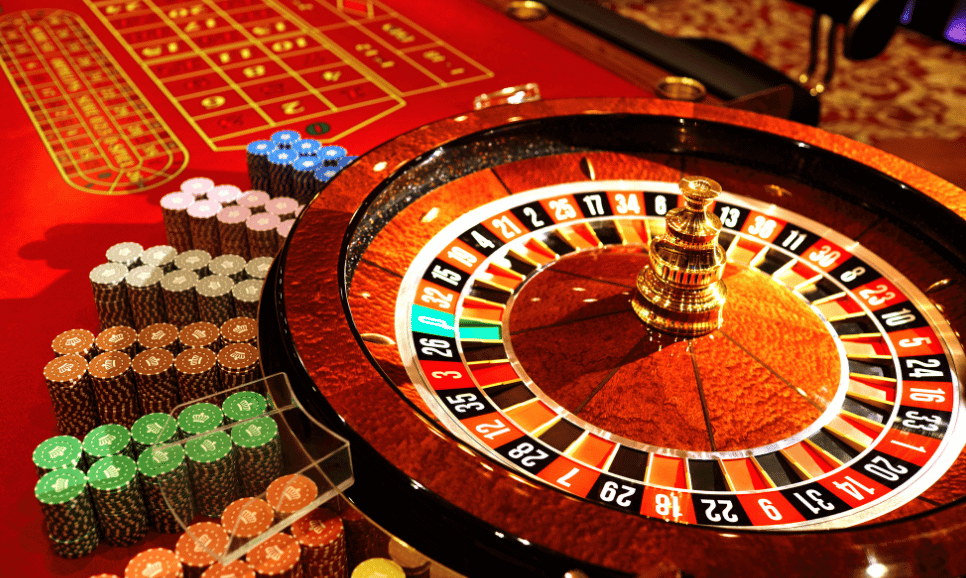A Comprehensive Look at Addiction to Zeus Slot Machines and Gamblers

Slot machines are often considered the heartbeat of any online or land-based casino. The flashing lights, catchy jingles, and colorful displays make them irresistible to players. While many people play for fun or to test their luck, for others, the allure of slot machines can lead to a dangerous and persistent addiction.
The Allure of Slot Machines
Slot machines are designed to grab your attention. From the moment you walk past a row of machines, the bells, whistles, and flashing lights draw you in. The visuals are vibrant, and the gameplay seems simple: insert a coin, pull the lever or hit a button, and hope for the best. But what’s happening behind the scenes of these machines that makes them so captivating? At the core of slot machines is the concept of unpredictability. The machines use a Random Number Generator (RNG), which ensures that each spin is independent and random. This means there is no way to predict when a big win will happen, heightening the thrill of playing. The uncertainty creates a psychological state known as variable reinforcement, where the brain is conditioned to anticipate rewards without knowing when they’ll occur. This intermittent reinforcement keeps players engaged as they continue to play in hopes of hitting the jackpot.
The Psychology of Slot Machine Addiction
The addictive nature of Zeus slot machines is mainly due to their interaction with the brain’s reward system. When a player hits a small win or just gets close to a win, the brain releases dopamine, the same feel-good chemical associated with pleasurable experiences like eating. However, the release of dopamine is more intense with slot machines because the rewards are inconsistent, which keeps the player returning for more. Studies have shown that the anticipation of a reward is just as powerful as receiving the reward itself. This is particularly true in slot machines, where the sounds and visuals intensify the feeling of anticipation. When a player pulls the lever and watches the reels spin, there is an emotional buildup, even if the spin results in a loss. Losses often feel as rewarding as wins due to the psychological near-miss effect. A near-miss occurs when a player comes close to winning a jackpot but falls short, triggering the same dopamine release as an actual win. This deceptive feeling of being close to a win reinforces the desire to continue playing, even if it results in more losses.
Slot Machines and Gamblers: The Cycle of Addiction
For some players, the excitement of hitting a jackpot or the thrill of a near-miss becomes a compulsive need. They continue to chase the euphoria of a big win, often disregarding the consequences of their actions. This is where the cycle of addiction begins. Gamblers might start by playing casually or socially, but as they continue to experience the highs and lows of playing, they spend more time and money on the machines. They may increase their bet sizes to hit a larger payout, even if it means risking their financial stability. The addiction doesn’t stop at financial losses. Many gamblers experience emotional and psychological consequences as well. They may feel anxious, depressed, or irritable when not playing. The desire to escape these feelings can drive them to gamble even more, creating a vicious cycle of addiction. In extreme cases, gamblers may develop a condition known as Slot Machine Addiction or Pathological Gambling, a disorder recognised by mental health professionals. Symptoms include preoccupation with gambling, the inability to control or stop gambling, and continuing to play despite negative consequences in personal, social, or financial areas. People struggling with gambling addiction may also engage in deceptive behaviors, such as lying about their gambling habits or borrowing money to continue playing.
The Impact of Slot Machine Addiction
The impact of slot machine addiction extends far beyond the player. It affects relationships, work life, and overall well-being. For many addicted gamblers, their lives revolve around the next spin, often at the expense of their families and careers. Financially, the costs can be devastating, leading to mounting debt, loss of assets, or even bankruptcy. Emotionally, gamblers can experience a sense of shame, guilt, and isolation, which only further exacerbates their addiction. Families and loved ones often bear the brunt of this addiction. The emotional strain of dealing with a loved one who is addicted to slot machines can be overwhelming. They may feel helpless or frustrated as they watch the person they care about spiral more profoundly into the addiction. In many cases, the gambler may attempt to hide the extent of their addiction, making it difficult for others to offer support.
Preventing and Treating Slot Machine Addiction
Recognising the signs of addiction early can be crucial in helping individuals break free from the cycle. Support from family, friends, or a professional counselor can make a significant difference. If you or someone you know is struggling with slot machine addiction, seeking help is the first step in recovery. Many resources are available, including support groups like Gamblers Anonymous, which provides a 12-step program for individuals looking to overcome gambling addiction. For casinos and online gaming platforms, there are also measures in place to help prevent gambling addiction. Many casinos now offer self-exclusion programs, where players can voluntarily ban themselves from playing for a set period. Online casinos often provide features that allow players to set spending limits or receive notifications if they exceed a certain threshold. These features serve as a safeguard for players who may be at risk of developing an addiction.
In Summary
Slot machines are a fun and exciting form of entertainment for many people, but they can also lead to addiction for some. The combination of intermittent rewards, near-misses, and the thrill of the game can have a profound impact on the brain, leading to compulsive gambling behaviors. Understanding the psychology behind slot machine addiction is the first step in preventing it. By recognising the signs of addiction and seeking help early, individuals can break free from the cycle and reclaim control of their lives.




